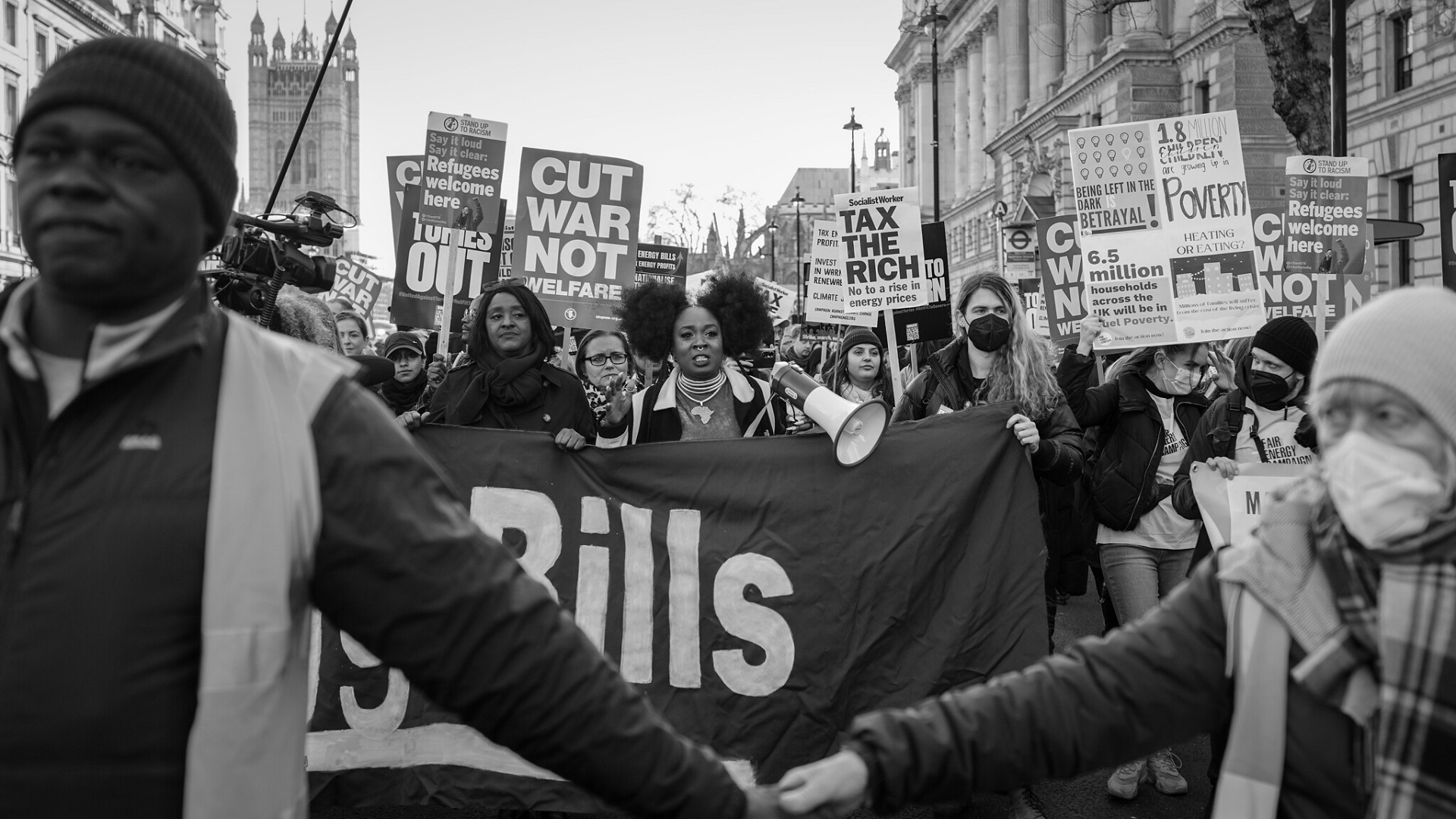The cost of living crisis is showing no signs of receding. The harsh financial reality faced by millions of people is harming the mental health of the nation, sinking us into a crisis that we will not be able to overcome unless governments act now.
Our mental health is shaped by the circumstances in which we live, meaning that mental health problems are not evenly distributed across the whole population. As usual, it is those who have the least who are paying the highest cost. Poverty and financial strain increase the risk of poor mental health and are both a cause and a consequence of mental ill health, particularly anxiety and depression.
So, how bad is it? In the last decade we have lived through austerity and community spending being slashed, a global pandemic followed by the current cost of living crisis. The negative impact of all of this is more keenly felt by people who were already living at the sharp end of socio-economic inequality. There has been no breathing space, no respite.
Recent polling, commissioned by the Mental Health Foundation for our Mental Health Awareness Week, revealed the most common self-reported cause of anxiety for people across the UK was being able to pay bills; 32% of UK adults said being unable to pay their bills had made them feel anxious in the past two weeks. In the same poll, 20% of UK adults said debt had made them feel anxious in the last two weeks.
- Money worries are leading to suicidal thoughts, panic attacks and mental health problems in the cost of living crisis
- How can you cope with money worries in the cost of living crisis? We asked experts at leading mental health charities
Your support changes lives. Find out how you can help us help more people by signing up for a subscription
Among low-income households who said they were going without at least one essential, nearly half (47%) reported at least one household member experiencing poor mental health in the last two years, compared to 14% of households not going without essentials. Of the low-income households with a member who had a mental health condition, more than half (51%) reported going without three or more essentials in the last six months.









